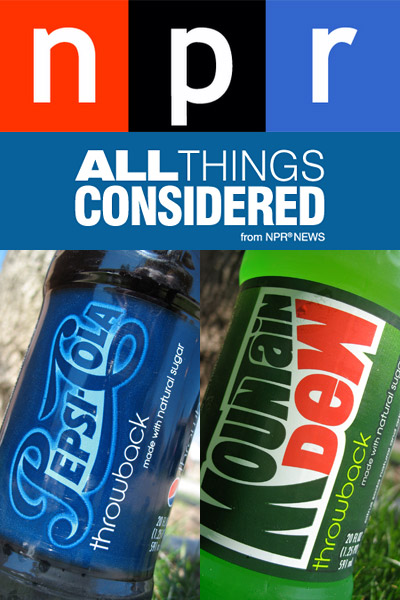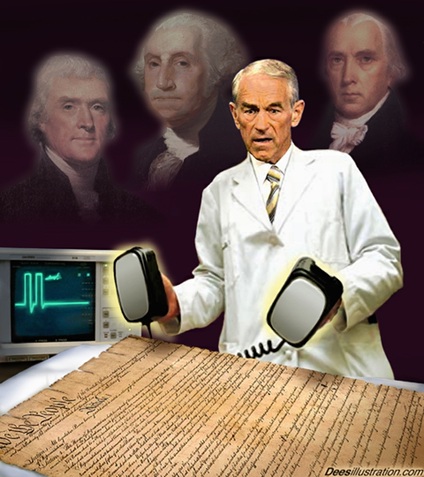There’s no shortage of food safety news; there is a shortage of evidence-based, incisive approaches that challenge food safety norms and may eventually lead to fewer sick people.
 The International Food Safety Network evolved into bites.ksu.edu over the past year as a way of consolidating and making food safety news delivery more efficient. In addition to the web repository, the bites-l electronic newsletter is distributed 2-3 times a day to a dedicated subscriber base of some 10,000 in 60 countries; a list that has been focused and refined by offering continuous, daily food safety news since 1994. barfblog.com – averaging well over 10,000 unique hits a day — along with weekly food safety infosheets (available in multiple languages), and videos, are now prominent food safety resources.
The International Food Safety Network evolved into bites.ksu.edu over the past year as a way of consolidating and making food safety news delivery more efficient. In addition to the web repository, the bites-l electronic newsletter is distributed 2-3 times a day to a dedicated subscriber base of some 10,000 in 60 countries; a list that has been focused and refined by offering continuous, daily food safety news since 1994. barfblog.com – averaging well over 10,000 unique hits a day — along with weekly food safety infosheets (available in multiple languages), and videos, are now prominent food safety resources.
Sponsorship opportunities are now available for bites.ksu.edu, barfblog.com, and the bites-l listserv (as well as the infosheets and videos; how about a movie?).
In addition to the public exposure – why not stick your company logo on the bites-l newsletter that directs electronic readers to your home site or whatever you’re flogging that week — and reaching a desired audience, you can receive custom food safety news and analysis. We’ve also resurrected the food safety risk analysis team – assessment, management and communication – and offer 24/7 availability and insanely rapid turnaround times. If your group has a food safety issue — short-term or long-term — work with us, rather than having us write it up in barfblog.com, book chapters and scholarly papers as another case study of what not to do.
The money is used to support the on-going expenses of the news-gathering and distribution activities, and to develop the next generation of high school, undergraduate and graduate students who will integrate science and communication skills to deliver compelling food safety messages using a variety of media. Research, training and outreach are all connected in our food safety world.
If you have a sponsorship idea, let’s explore it. Feeling altruistic? Click on the groovy new donate button in the upper right corner of bites.ksu.edu. Want to just send a check? Make it out to:
K-State Olathe Innovation Campus, Inc.
18001 W. 106th St., Ste 130
Olathe, KS 66061
913-541-1220
913-541-1488 Fax
tbogina@kstateoic.ksu.edu
http://kstateoic.ksu.edu
and send to the attention of Terri Bogina
Here’s some additional information.
bites.ksu.edu is a unique comprehensive resource hosted at Kansas State University for all those with a personal or professional interest in food safety. We find credible, current, evidence-based information on food safety and make it accessible to domestic and international audiences through multiple media. Sources of food safety information include government regulatory agencies, international organizations such as the World Health Organization (WHO) and the Food and Agriculture Organization of the United Nations (FAO), peer-reviewed scientific publications, academia, recognized experts in the field and other sources as appropriate.
All bites activities emphasize engaging people in dialogue about food-related risks, controls and benefits, from farm-to-fork. bites strives to provide reliable, relevant information in culturally and linguistically appropriate formats to assist people in identifying, understanding and mitigating the causes of foodborne illness.
 bites LISTSERV
bites LISTSERV
The bites.ksu.edu listserv is a free web-based mailing list where information about current and emerging food safety issues is provided, gathered from journalistic and scientific sources around the world and condensed into short items or stories that make up the daily postings. The listserv has been issued continuously since 1995 and is distributed daily via e-mail to thousands of individuals worldwide from academia, industry, government, the farm community, journalists and the public at large.
The listserv is designed to:
• convey timely and current information for direction of research, diagnostic or investigative activities;
• identify food risk trends and issues for risk management and communication activities; and
• promote awareness of public concerns in scientific and regulatory circles.
The bites listserv functions as a food safety news aggregator, summarizing available information that can be can be useful for risk managers in proactively anticipating trends and reactively address issues. The bites editor (me – dp) does not say whether a story is right or wrong or somewhere in between, but rather that a specific story is available today for public discussion.
barblog.com
barfblog.com is where Drs. Powell, Chapman, Hubbell and assorted food safety friends offer evidence-based opinions on current food safety issues. Opinions must be evidence-based – with references – reliable, rapid and relevant. The barfblog authors edit each other – viciously.
TWITTER
Breaking food safety news items that eventually appear in bites or barfblog are often posted on Twitter (under barfblog or benjaminchapman) for faster public notification.
INFOSHEETS
Food safety infosheets are designed to influence food handler practices by utilizing four attributes culled from education, behavioral science and communication literature:
• surprising and compelling messages;
• putting actions and their consequence in context;
• generating discussion within the target audiences’ environments; and
• using verbal narrative, or storytelling, as a message delivery device.
Food safety infosheets are based on stories about outbreaks of foodborne illness sourced from the bites listserv. Four criteria are used to select the story: discussion of a foodborne illness outbreak; discussion of background knowledge of a pathogen (including symptoms, etiology and transmission); food handler control practices; and emerging food safety issues. Food safety infosheets also contain evidence-based prescriptive information to prevent or mitigate foodborne illness related to food handling. They are now available in French, Spanish and Portugese.
bites bistro videos
A nod to the youtube generation, but we don’t really know what we’re doing.
These are the various information products we deliver daily, in addition to research, training and outreach. If you or your group is interested in sponsoring any or all of these food safety activities, please contact me directly.
dp
Dr. Douglas Powell
associate professor, food safety
dept. diagnostic medicine/pathobiology
Kansas State University
Manhattan, KS
66506
cell: 785-317-0560
fax: 785-532-4039
dpowell@ksu.edu
bites.ksu.edu
barfblog.com
 Safety Modernization Act, a sweeping law enacted to upgrade the security of the U.S. food supply after a deadly salmonella outbreak in 2009.
Safety Modernization Act, a sweeping law enacted to upgrade the security of the U.S. food supply after a deadly salmonella outbreak in 2009.
 Washington Post today
Washington Post today bites.ksu.edu
bites.ksu.edu
 The
The  bites LISTSERV
bites LISTSERV In the
In the .jpg) After training for a semester, you are going to see a lot more video from Andrew and others at iFSN.
After training for a semester, you are going to see a lot more video from Andrew and others at iFSN. We need your help to keep it going.
We need your help to keep it going.